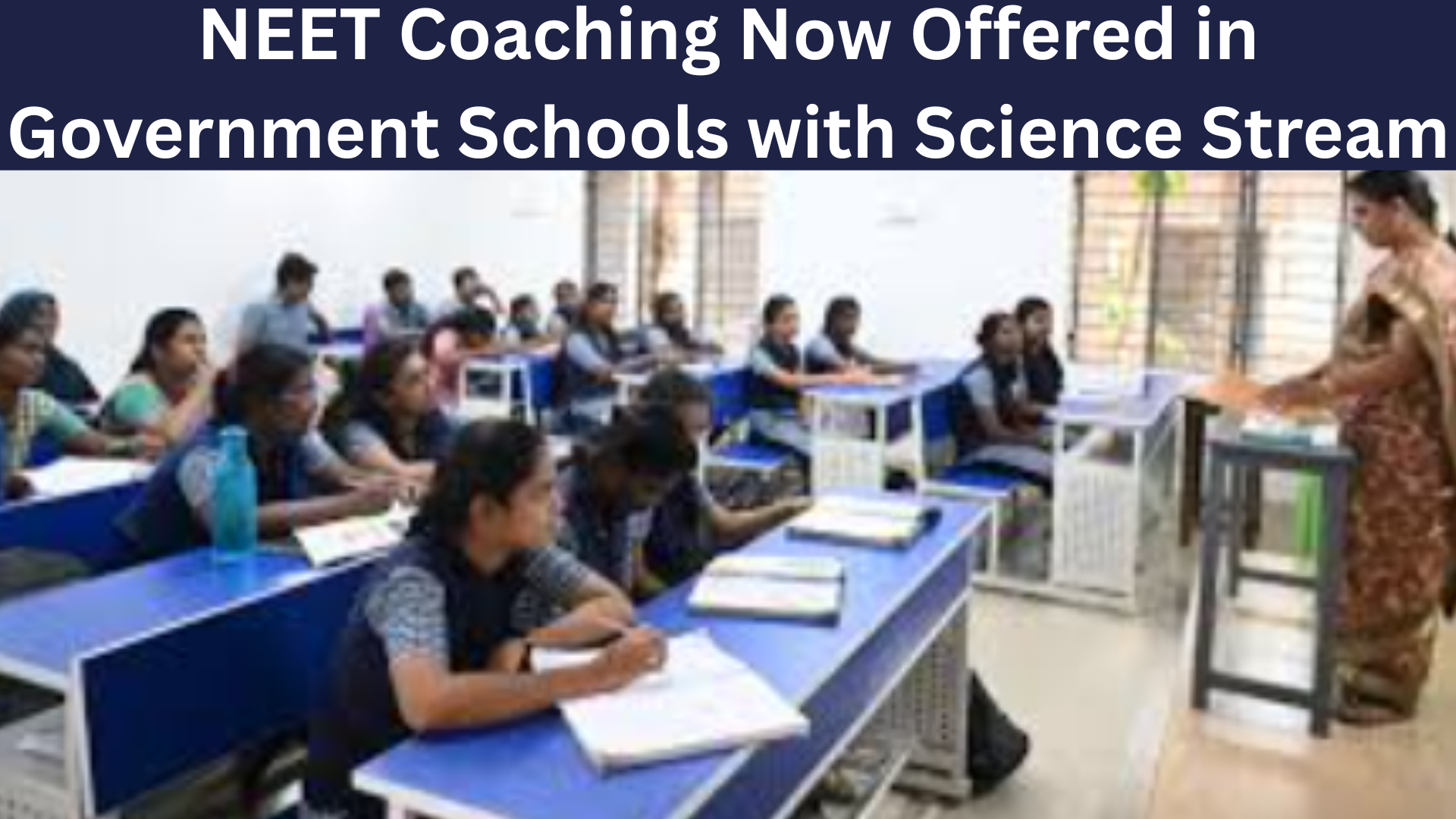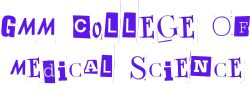In a significant boost to public education, NEET Coaching is Now Offered in Government Schools with Science Stream by several Indian states.
NEET Coaching Now Offered in Government Schools with Science Stream
To bridge the socio-economic gap in medical education, many state governments in India have begun offering free NEET coaching within government higher secondary schools that offer the science stream. This step, aimed at leveling the playing field for underprivileged students, ensures that aspiring doctors from rural or low-income backgrounds get structured guidance to compete in NEET-UG, the national entrance test for MBBS and BDS programs.
States like Tamil Nadu, Rajasthan, Maharashtra, and Uttar Pradesh have already rolled out this initiative, and more are expected to follow under the Samagra Shiksha Abhiyan and state-funded education schemes.
Key Features of the Government NEET Coaching Model
The NEET coaching offered in these schools includes a mix of regular classes, weekend doubt sessions, and access to digital resources.

A breakdown of the program’s structure follows below:
| Feature | Description |
|---|---|
| Eligibility | Students enrolled in Class 11 & 12 Science Stream (Biology group) in government schools |
| Coaching Hours | 8–10 hours per week alongside school curriculum |
| Subjects Covered | Physics, Chemistry, Biology (NEET-focused syllabus) |
| Resources Provided | Free textbooks, mock tests, solved question banks, mobile apps |
| Teaching Support | Qualified faculty from government & partner coaching institutions |
Many schools also offer career counseling, time management sessions, and psychological support to help students stay motivated.
Why This Move Matters
Until recently, expensive private coaching institutes dominated NEET coaching, making it nearly inaccessible to students from weaker financial backgrounds. By integrating coaching within school infrastructure, the government is:
- Reducing urban-rural educational disparity
- Supporting first-generation learners
- Enhancing NEET success rates among state board students
- Encouraging more girls to prepare for medical careers, especially in conservative regions
- Promoting inclusive meritocracy in medical admissions
This model is also easing the burden on parents who would otherwise need to send children to distant cities for coaching.
Student and Teacher Response
Initial reports and feedback from pilot programs indicate high levels of student participation and satisfaction.
Students appreciate:
- Proximity and safety of studying within school
- No extra financial pressure on families
- Dedicated teachers focused on NEET success
Teachers, too, are undergoing capacity-building workshops to upgrade their NEET preparation methods and align their instruction with NCERT standards, which NEET is based on.
States like Tamil Nadu have already seen improved NEET scores among government school students who were part of the in-school coaching initiative in the last 2 years.
Challenges and Improvements Ahead
Despite the positive start, some gaps remain that need attention for this program to succeed nationwide:
- Shortage of qualified biology and physics faculty in rural areas
- Limited lab facilities for practical learning in some schools
- Internet access issues in remote areas for online mock tests
- Need for uniform coaching quality across states
To address these, the government is considering
- Roping in EdTech platforms for hybrid teaching
- Providing offline test modules for students without internet
- Rotating subject experts among clusters of schools
- Establishing state-level monitoring cells for coaching outcomes
With central-state cooperation, these gaps can be filled systematically.
Conclusion
Offering NEET coaching in government schools is a visionary move that democratizes access to medical education. With continued support, quality assurance, and innovation, this initiative can transform thousands of young lives and diversify India’s future pool of healthcare professionals.
We appreciate you taking time to read this with us.



